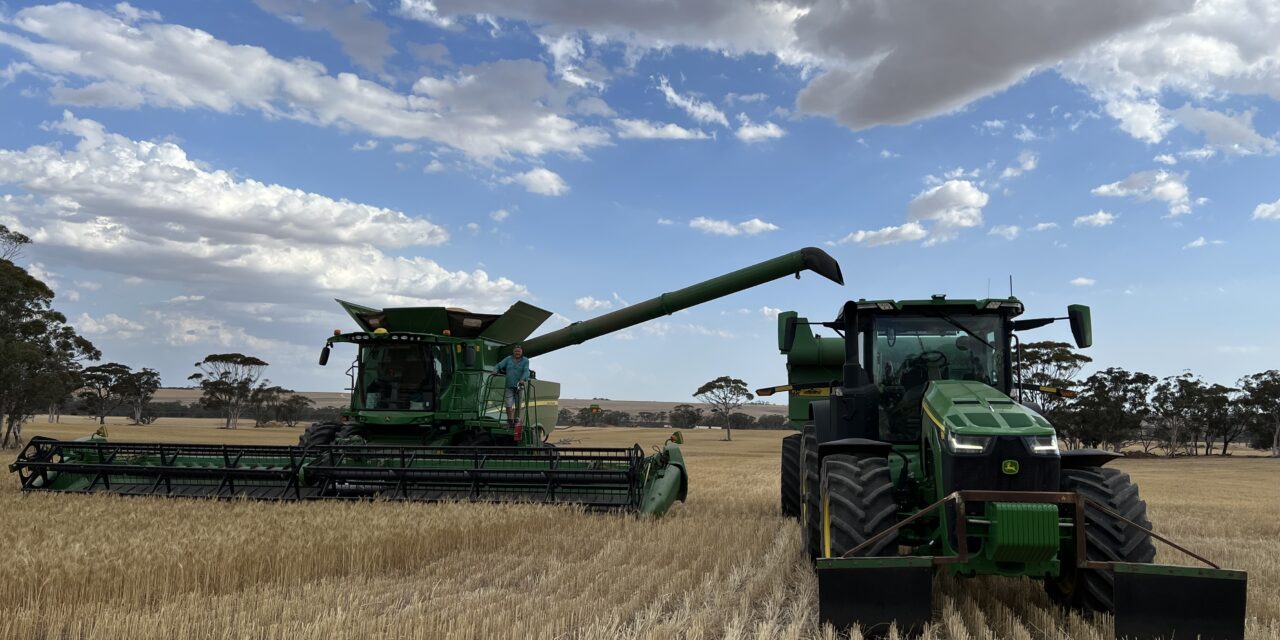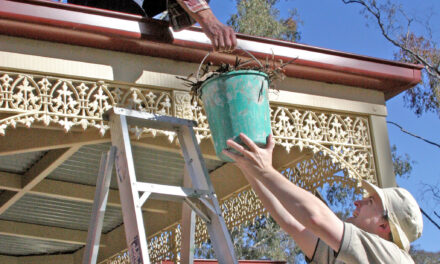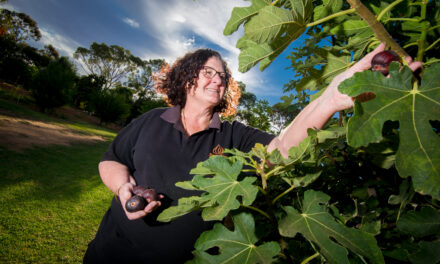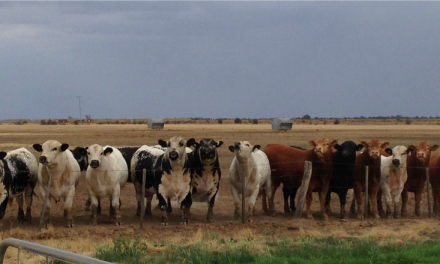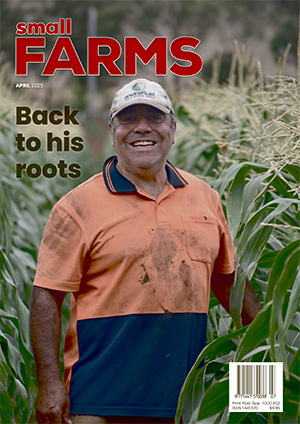The Federal Government has detailed how $63 million will help farmers reduce their emissions.
The money will be spent helping the agriculture sector reduce emissions, with almost half of the money to assist farmers in calculating their carbon footprint.
Agricultural decarbonisation would be achieved with producers and not be imposed on the sector, Climate Change Minister Chris Bowen told a sustainable agriculture summit at Toowoomba in Queensland.
“We won’t be imposing arbitrary sector-wide targets or top-down approaches,” Mr Bowen said.
“We want to talk about policies, incentives, opportunities and challenges.”
About 150 people from across the agriculture sector, including researchers and farmers, attended the forum to discuss the agriculture and land sector decarbonisation plan.
The plan is one of six for various industry sectors under the government’s Net Zero 2050 policy.
Agricultural emissions account for 18 per cent of national emissions.
“Meaningful emissions reduction from agriculture depends strongly on innovation, research and development,” Agriculture Minister Murray Watt told the conference.
Senator Watt said the government would set standards for emissions calculators for use on-farm.
“The bulk of the funding actually will go towards farmers: on-farm activity to help lift their knowledge, lift their capacity around what they can do on farm to make those adjustments that will help them create lower-emissions food,” he said.
Some $4.4 million will be spent over the next decade in helping to fund the Zero Net Emissions Agriculture Co-operative Research Centre to be established this month.
The centre will help with long-term research into emissions reduction from Australian agriculture.
Farming groups welcomed the federal budget breakdown, including the $28.7 million to improve greenhouse gas accounting for producers.
“We’ve been saying for some time that farmers need to ‘know their number’ — improving and standardising approaches to data collection, measurement and accounting are critical to making this easy and accessible,” Tony Mahar from the National Farmers Federation said.

